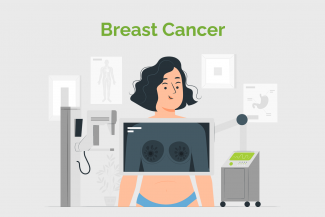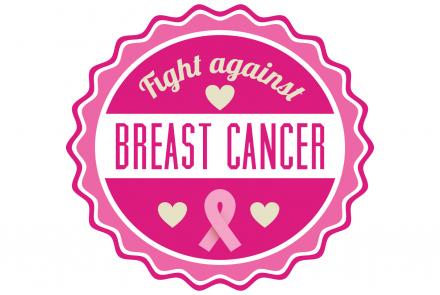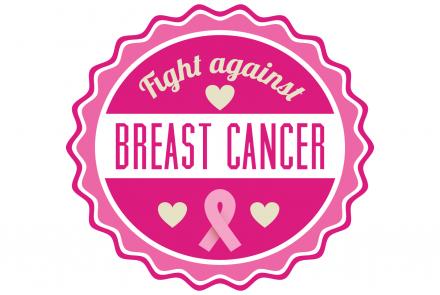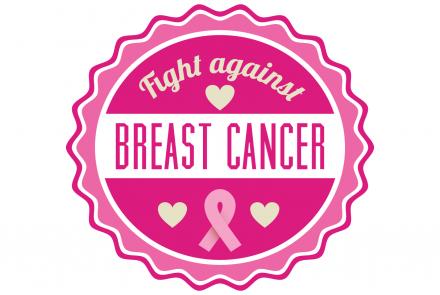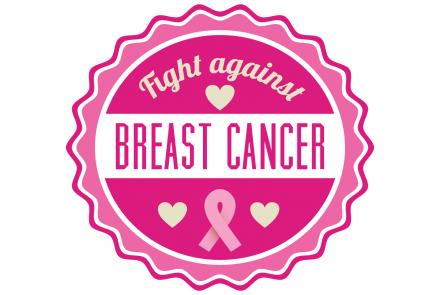Breast cancer is the most common cancer among women. Globally, breast cancer accounts for 23-24 per cent of all cancers in women. Most women develop breast cancer over the age of 40. In all new breast cancer cases, 5-7 per cent are young women between the ages of 20-39.
It can occur in men, but these cases are very rare.

The usual symptoms are:
- Any change in the shape and size of the breast
- Swelling or lump in any part of the breast
- Breast pain other than the usual tenderness before periods
- Any unusual discharge or blood stained discharge from the nipple
- Redness or scaling of the nipple or breast skin
- Inverted nipple (turned in)
- Pitting of the skin over breast like the skin of an orange
- A lump or swelling in the armpit
Changed
12/Jul/2017
Community
Condition

